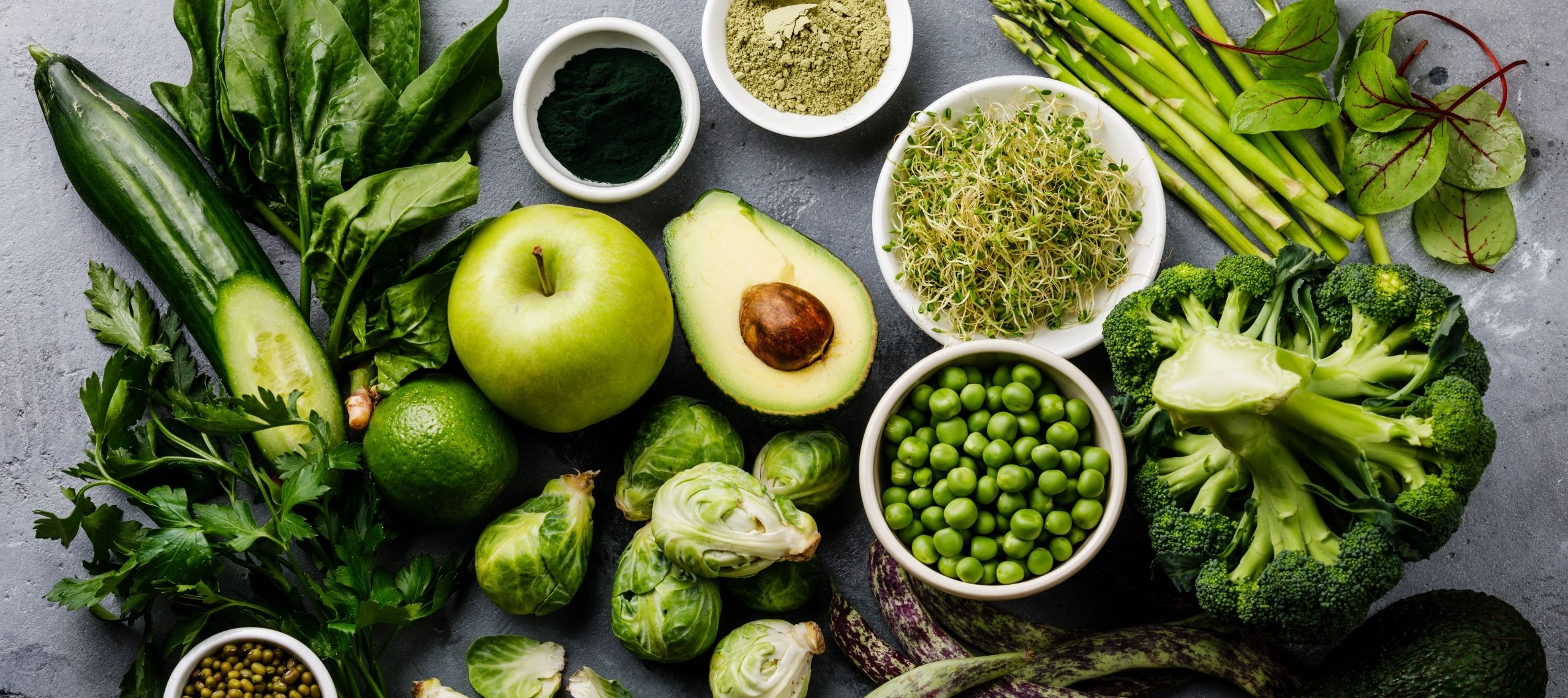
The Green Protein Report:
Meeting New Zealand’s Climate Change Targets by 2030
Through Reduced Reliance on Animal Agriculture
In the light of COVID-19, which seemed to have jumped species in a ‘wet’ market (selling wild animals for the meat trade), we need to review our interaction with the natural world, the global food system and consider how nations respond to agricultural threats and opportunities.
New Zealand / Aotearoa
Why do we need to rethink production and consumption? How can a transition be achieved? What are the issues we need to address? Where do meat and dairy fit in? The Green Protein Report answers these questions and many more specifically for New Zealand. This detailed dossier explores how this can be achieved, how much profit there is to be made from plant-based products, and how much healthier citizens would be if eating more plant-based food.
Currently, arable land is not well-utilised; we could increase land dedicated to horticulture up to ten times. For too long, animal agriculture has dominated landscapes, and it has resulted in mass deforestation and leaching of nitrates into rivers. New Zealand has one of the highest methane emissions per capita, soils are being eroded, native wildlife has been decimated, and New Zealand is losing its “clean and green” image in the eyes of the world.
Transition To Plant-Based Farming
The report makes compelling evidence for a new way for New Zealand to farm and produce food. The nation must start to reduce its reliance on animal agriculture and make the transition to plant-based farming now. Governments need to encourage and support those farmers who see that the writing is on the wall for meat and dairy. There is no more time to waste if New Zealand is to meet its Paris Agreement goals, and the best chance to achieve greenhouse gas emissions is to reduce its stock numbers, especially dairy cattle.
Public Health & Diet
There is much evidence to support the use of plant-based diets to reduce the risks of getting lifestyle-related diseases. As a result of excessive food consumption in general, and animal products in particular, Kiwis have become obese, and are at risk of developing type 2 diabetes. People suffer heart attacks and the incidence of certain cancers has increased. Many of these diseases can be reversed by a fully plant-based diet, using mostly whole foods. It is time we accepted the figures, and made those changes necessary within New Zealand’s public buildings, especially in schools, hospitals, and prisons.
Animal Welfare
There are 160 million farmed animals based in New Zealand, and in spite of the much-touted Animal Welfare Bill, New Zealand has been ranked just 30th out of 50 countries for animal welfare standards (Voiceless Animal Cruelty Index, 2017). While New Zealand has recognised that animals are sentient beings, they are not treated as such. Newborn animals are removed from their mothers, with all the suffering that entails because people like the taste of cheese. It is no longer acceptable to treat animals as commodities, and the Earth simply cannot continue to support our strong reliance on animal production.
The Future Is Green
We need to value our resources better and reinvigorate the plundered landscape. New Zealand can indeed be clean and green. There are innovators who can provide top quality fruits, vegetables, grains, and added-value plant-based products for export, as well as supplying local needs easily and cheaply. The time for transitioning from animal to plant-based agriculture is now if we are to avoid further climate change and environmental damage, and if we are serious about improving public health.
De Boo J and Knight A (2020). The Green Protein Report: Meeting New Zealand’s Climate Change Targets by 2030 Through Reduced Reliance on Animal Agriculture. Auckland: Vegan Society of Aotearoa New Zealand.
